EDITORIAL
Published on 12 Aug 2021
Editorial: Music and Cochlear Implants: Recent Developments and Continued Challenges
doi 10.3389/fnins.2021.736772
- 4,626 views
- 5 citations
20k
Total downloads
104k
Total views and downloads
Select the journal/section where you want your idea to be submitted:
EDITORIAL
Published on 12 Aug 2021
ORIGINAL RESEARCH
Published on 19 May 2020
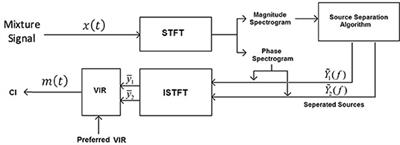
ORIGINAL RESEARCH
Published on 07 Apr 2020
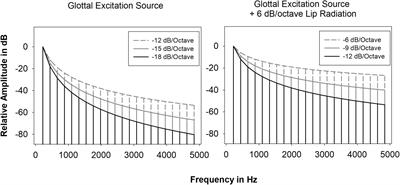
ORIGINAL RESEARCH
Published on 26 Feb 2020
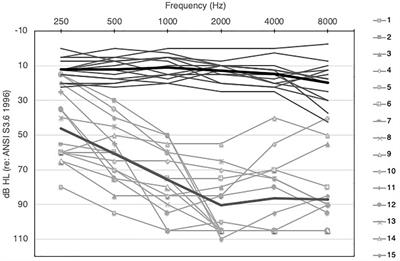
ORIGINAL RESEARCH
Published on 23 Jan 2020
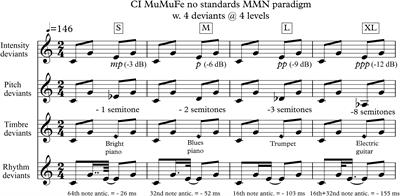
ORIGINAL RESEARCH
Published on 21 Jan 2020
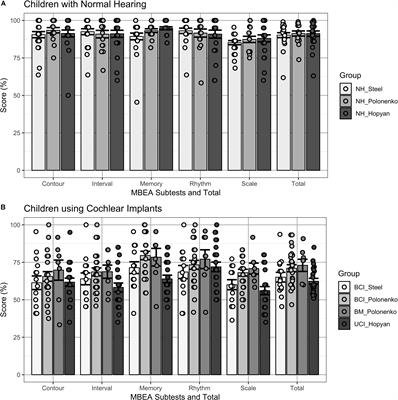
COMMUNITY CASE STUDY
Published on 24 Dec 2019
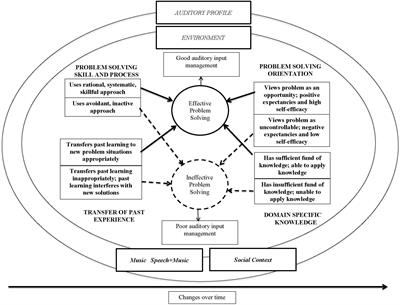
ORIGINAL RESEARCH
Published on 26 Nov 2019

ORIGINAL RESEARCH
Published on 21 Nov 2019

ORIGINAL RESEARCH
Published on 15 Nov 2019

ORIGINAL RESEARCH
Published on 01 Nov 2019

ORIGINAL RESEARCH
Published on 29 Oct 2019
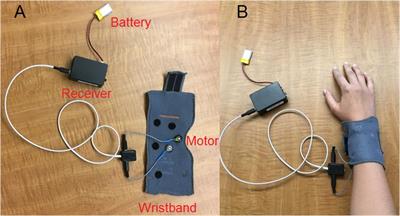

Frontiers in Psychology